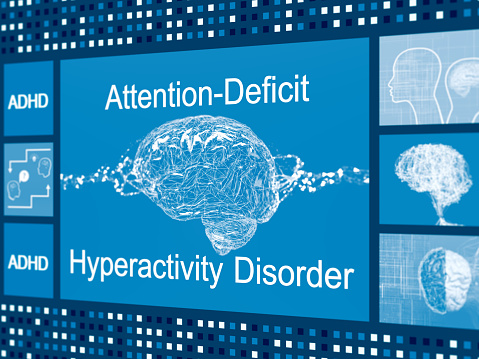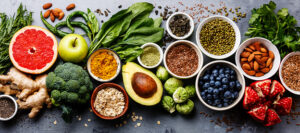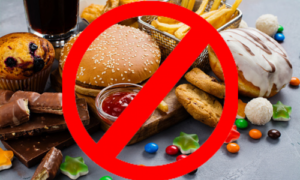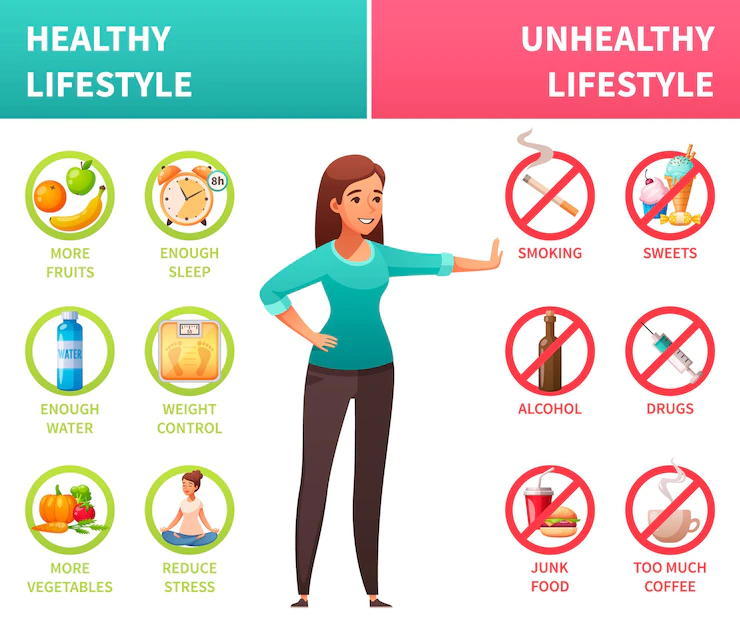Diet and Nutrition for ADHD: Foods to Eat and Avoid

What Is an ADHD diet?
An ADHD diet is a nutritional plan that is designed to support the dietary needs of individuals with attention deficit hyperactivity disorder (ADHD). The goal of an ADHD diet is to help manage the symptoms of ADHD by providing the body with the nutrients it needs to function properly.
ADHD Friendly Diet – Nutritious Food
It is important to eat a balanced and nutritious diet when following an ADHD diet. This means including a variety of fruits, vegetables, whole grains, lean proteins, and healthy fats in your meals and snacks. It is also important to limit or avoid foods that are high in additives, preservatives, and artificial ingredients, as these can sometimes exacerbate symptoms of ADHD.
Foods to Avoid With ADHD
Some specific foods to avoid with ADHD include processed and refined foods, such as sugary cereals, white bread, and pastries, as well as foods that are high in saturated and trans fats, like fried foods and fast food. It is also a good idea to limit caffeine and alcohol intake, as these substances can interfere with sleep and increase anxiety.
Nutritional Supplements for ADHD
In some cases, nutritional supplements may be recommended as part of an ADHD diet. These may include omega-3 fatty acids, magnesium, and zinc, which have been shown to have a positive effect on ADHD symptoms. However, it is important to consult with a healthcare professional before starting any supplement regimen.
Elimination Diets for ADHD
Elimination diets, such as the Feingold diet, may also be recommended for individuals with ADHD. These diet and nutrition involve eliminating certain types of foods or food additives from the diet in order to identify any potential triggers for ADHD symptoms. Again, it is important to work with a healthcare professional when following an elimination diet.
Conclusion
An ADHD diet is a nutritional plan that is designed to support the dietary needs of individuals with ADHD. By eating a balanced and nutritious diet and limiting or avoiding certain foods and substances, it may be possible to manage the symptoms of ADHD. It is important to work with a healthcare professional when following an ADHD diet and to be aware of any potential dietary triggers for symptoms. For more information contact Gethealthcaretips,Trust now!






